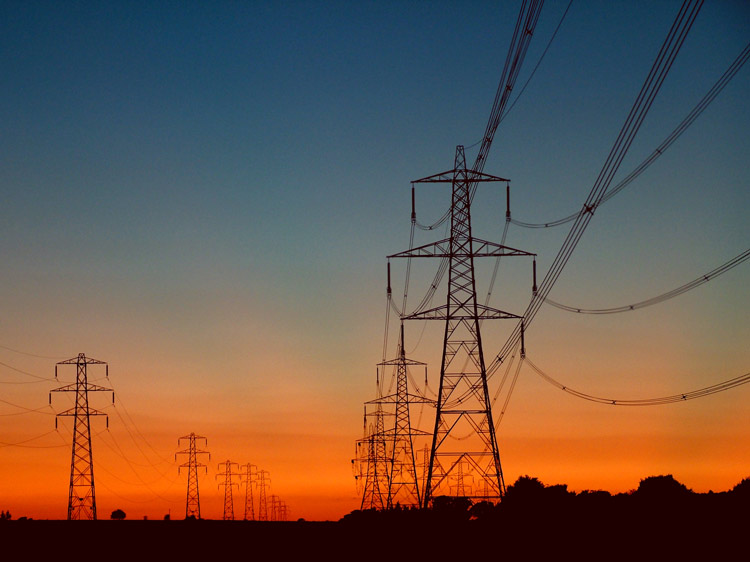Labour unions, civil society, communities, and other critical stakeholders converged on Lagos for a one-day public symposium on the water and power sectors’ situation in Nigeria organised by the National Union of Electricity Employees (NUEE) and Amalgamated Union of Public Corporations, Civil Service Technical and Recreational Service Employees (AUPCTRE) through the support of the Public Services International (PSI)-DGB value chain project on Tuesday, December 20, 2022.

The symposium, themed “Water and Power Sectors Situation in Nigeria: Issues, Challenges and Prospects”, x-trayed the situation in the two sectors on the backdrop of the poor performance indicators in the power sector, and repeated attempts by government at all levels to commercialise and restructure the water sector, the latest being the controversial National Water Resources Bill currently pending at the National Assembly.
Participants interrogated the effectiveness of subsisting policy frameworks in each sector, concluding that nine years after the privatisation of the power sector the same issues which necessitated the privatisation was still prevalent, even as they vowed not to allow water sector privatisation.
They insisted that Nigerians still do not have stable and reliable power supply and that with installed capacity at 12,522 MW, Nigeria has not been able to generate beyond 4,000 MW to service its population of over 200 million. The other issues they identified are network infrastructure challenges, increasing tariffs, etc which cumulatively have made power to oscillate between 3,000 – 4,000 MW.
Participants noted that the GenCos have jettisoned the primary objectives of generating power to sundry businesses around the power stations that are completely outside their mandate. They noted that generator importers continue to have a field day as the biggest beneficiaries of the deficit in demand and supply in the power sector.
In the keynote address delivered by Nigeria Labour Congress Deputy National President, Joe Ajaero, he said that the privatisation of the power sector would not have been possible if there were adequate voices opposed to the plan.
Ajaero noted that workers in the power sector continue to be neglected and have become victims of the failure of the privatisation exercise.
He explained that he was optimistic that the power built by the water sector unions in partnership with civil society and communities, the passage of the National Water Resources Bill which had privatisation clauses would fail.
Echoing his views, Comrade Benjamin Anthony, national president of the Amalgamated Union of Public Corporation Civil Service Technical and Recreational Services Employees (AUPCTRE), said that the collaboration between labour and civil society had thus far stalled the privatisation plans but it was not yet uhuru.
In his intervention, Director of Programmes at Corporate Accountability and Public Participation Africa (CAPPA), Philip Jakpor, stressed the importance of collaborative actions by labour and CSOs.
Jakpor noted that the AUPCTRE/CAPPA partnership under the Our Water Our Right umbrella is a model worth emulating and replicating as it has stalled privatisation of water at federal and state levels.
At the end of the engagement, participants listed challenges in the water sector to include:
- Lack of adequate and sustainable budgetary allocation at state and federal levels
- Corruption (Lack of transparency; contract and financial manipulation)
- Lack of consultation of the citizenry in addressing the national water crisis as exemplified by plans to force Nigerians to accept the National Water Resources Bill
- Under-investment in the water sector
- Federal and state level abdication of the primary responsibility of providing publicly funded water for the citizenry in favour of the much-discredited Public Private Partnership (PPP)
- Deliberate abandonment and lack of maintenance of water infrastructure/facilities across the country
- Massive destruction of water pipelines due to poorly implemented road construction/rehabilitation
- Demotivation of workers by government at all levels due to the neglect of their concerns and denying them of their statutory emoluments and other benefits.
On electricity, the National President of the NUEE, Martin Uzoegbu, said the union is demanding total reversal of the privatisation exercise owing to its failure at all levels.
They advocated instead, the total commercialisation of the power sector to give the companies the opportunity to charge economic tariffs with human face considering the purchasing power of the citizens and the regulatory directives, and adequate consultation and engagement with Nigerians especially the grassroots communities.
